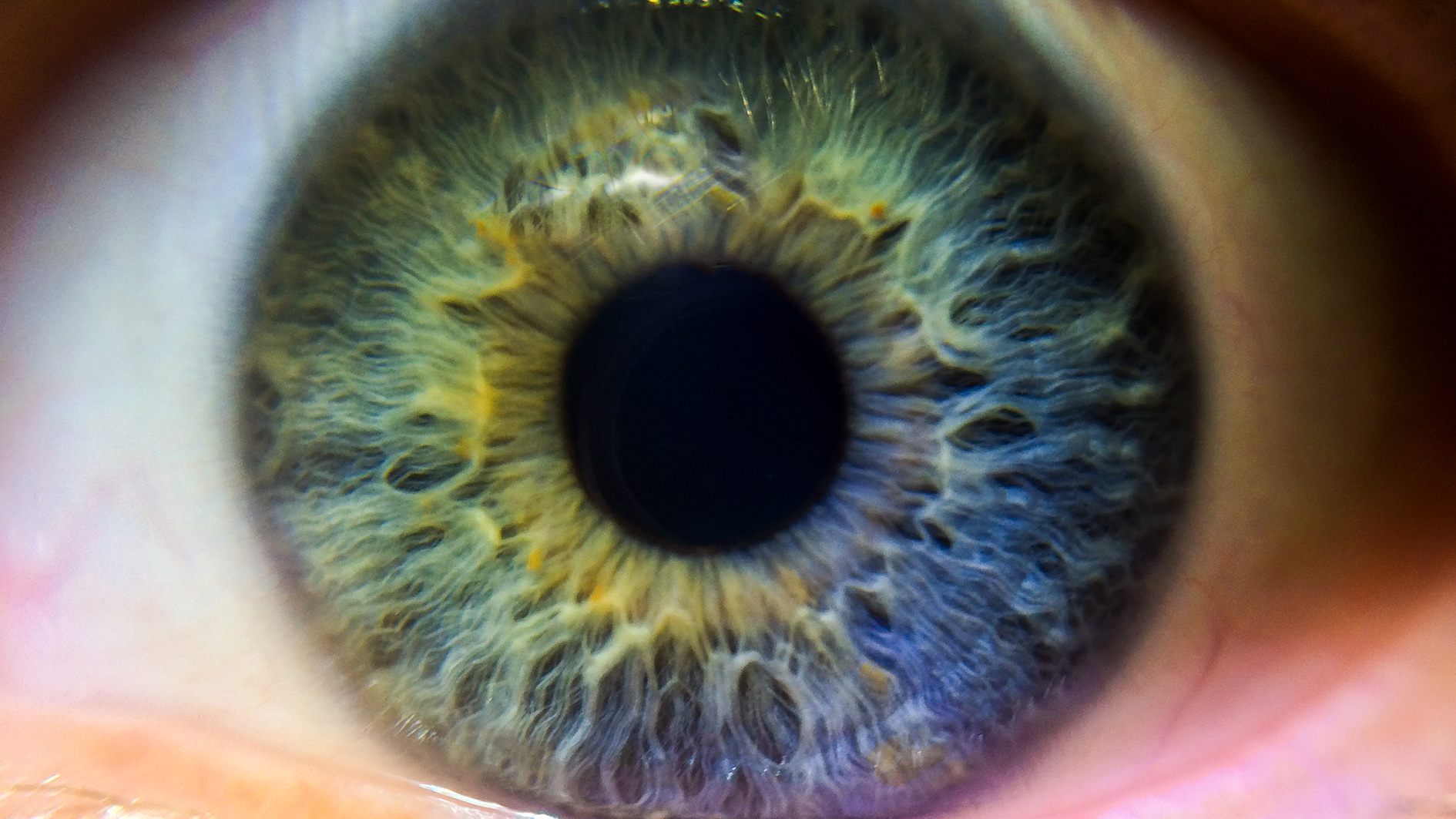Janssen adds Hemera's AMD gene therapy to pipeline

Johnson & Johnson’s pharma unit Janssen has bought rights to an investigational gene therapy for a severe form age-related macular degeneration from specialist biotech Hemera Biosciences.
Financial details of the deal have not been disclosed and will add Hemera’s gene therapy HMR59 to Janssen’s pipeline of ophthalmology drugs.
The privately-held biotech has developed the gene therapy as a single shot to treat dry age-related macular degeneration, or dry AMD.
In the form of dry AMD known as geographic atrophy, dysregulation of the complement system can lead to the formation of a “membrane attack complex” that causes cells in the retina to die, leading to progressive loss of vision.
HMR59 is designed as a potential one-time treatment administered in an office setting that increases the ability of retina cells to produce a soluble form of CD59, called sCD59, that blocks the formation of the membrane attack complex and limits further damage to the retina.
It uses a modified adeno-associated virus to deliver the genetic material to the back of the eye.
Geographic atrophy affects five million people globally, and is a leading cause of blindness in people over 50 years of age.
The prevalence of geographic atrophy increases as the global population ages, with roughly one in 29 people over age 75 affected, and nearly one in four people over age 90. There are currently no available therapies other than vitamins and low vision aids.
The phase 1 study of HMR59 for patients with geographic atrophy is complete. A second phase 1 study exploring HMR59 in patients with wet-AMD is currently conducting follow-up visits to evaluate long-term safety.
Janssen established its eye disease portfolio in 2018 and is developing expertise and assets across a range of rare and common eye diseases, including achromatopsia and X-linked retinitis pigmentosa, age-related macular degeneration, diabetic retinopathy, and diabetic macular oedema.
Spark Therapeutics, which is now part of Roche, has shown that gene therapies can be converted into marketable ophthalmology drugs, after approval of Luxturna in 2017 for retinal degeneration caused by mutations in the gene RPE65.












